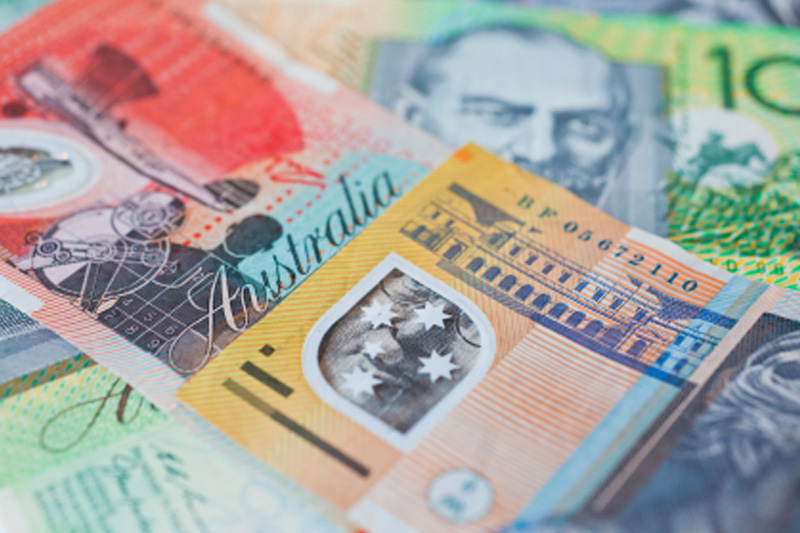PoundSterlingLIVE - Image © Adobe (NASDAQ:ADBE) Images
The Australian Dollar was the second-worst performing G10 currency after U.S. President-elect Donald Trump said he was ready to hike tariffs from day one.
"The AUD is proving sensitive to Trump’s posts and declined on the news that tariffs are not going to be delayed," says David Forrester, Senior FX Strategist at Crédit Agricole.
Trump threatened 25% tariffs on Canada and Mexico on "day one" of his new administration in January and threatened a further 10% tariff on all products from China.
The comments were made on his Truth Social network as he castigated Canada and Mexico for allowing illegal immigrants into the U.S.
He also took aim at China as being the source of fentanyl that is finding its way into the U.S.
"Until such time as they stop, we will be charging China an additional 10% Tariff, above any additional Tariffs, on all of their many products coming into the United States of America," Trump said.
The Australian Dollar is seen as potentially vulnerable to tariffs via their impact on the Chinese economy, Australia's biggest trading partner.
Markets started the new week in a good mood following Trump's decision to nominate Scott Bessent to Treasury Secretary, interpreting this as a sign Trump would be more pragmatic in his approach to tariffs.
"We would view this as a timely intervention from President-elect Trump that sends a very clear signal to the financial markets – that the reaction to the nomination of Scott Bessent was wrong – there will be no soft or balanced approach to trade tariff policy," says Derek Halpenny, Head of Research for Global Markets at MUFG Bank Ltd.
The Australian Dollar fell to its lowest level since August against the U.S. Dollar following Trump's tariff comments. AUD/USD has since pared some of the fall and is quoted at 0.6483.
The Pound to Australian Dollar conversion is a third of a per cent higher on the day at 1.9382.
Although the AUD is the second-worst performing G10 currency in the wake of Trump's tariff comments, Forrester says there is a source of support that can shield it from excessive weakness.
"Unlike Trump’s first term, however, the AUD will have an underlying support of a likely rise in the Australian-US short-term rates differential. The RBA is holding off on rate cuts while the Fed continues to cut rates. This rates spread was declining during Trump’s first term as the RBA was cutting rates while the Fed was hiking rates," he explains.
The RBA is expected to cut interest rates for the first time in the second quarter of 2025, which puts it far behind the majority of the world's major central banks.
An original version of this article can be viewed at Pound Sterling Live
